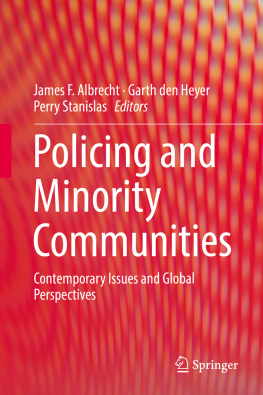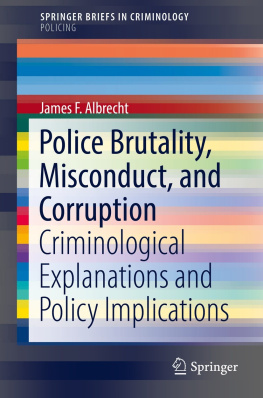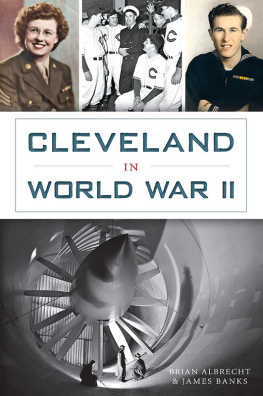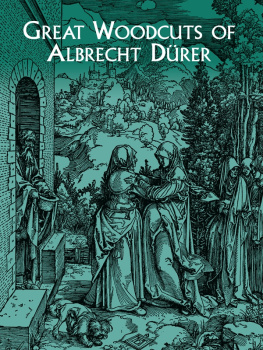James F. Albrecht - Policing and Minority Communities
Here you can read online James F. Albrecht - Policing and Minority Communities full text of the book (entire story) in english for free. Download pdf and epub, get meaning, cover and reviews about this ebook. year: 0, publisher: Springer International Publishing, genre: Politics. Description of the work, (preface) as well as reviews are available. Best literature library LitArk.com created for fans of good reading and offers a wide selection of genres:
Romance novel
Science fiction
Adventure
Detective
Science
History
Home and family
Prose
Art
Politics
Computer
Non-fiction
Religion
Business
Children
Humor
Choose a favorite category and find really read worthwhile books. Enjoy immersion in the world of imagination, feel the emotions of the characters or learn something new for yourself, make an fascinating discovery.
- Book:Policing and Minority Communities
- Author:
- Publisher:Springer International Publishing
- Genre:
- Year:0
- Rating:3 / 5
- Favourites:Add to favourites
- Your mark:
- 60
- 1
- 2
- 3
- 4
- 5
Policing and Minority Communities: summary, description and annotation
We offer to read an annotation, description, summary or preface (depends on what the author of the book "Policing and Minority Communities" wrote himself). If you haven't found the necessary information about the book — write in the comments, we will try to find it.
Policing and Minority Communities — read online for free the complete book (whole text) full work
Below is the text of the book, divided by pages. System saving the place of the last page read, allows you to conveniently read the book "Policing and Minority Communities" online for free, without having to search again every time where you left off. Put a bookmark, and you can go to the page where you finished reading at any time.
Font size:
Interval:
Bookmark:
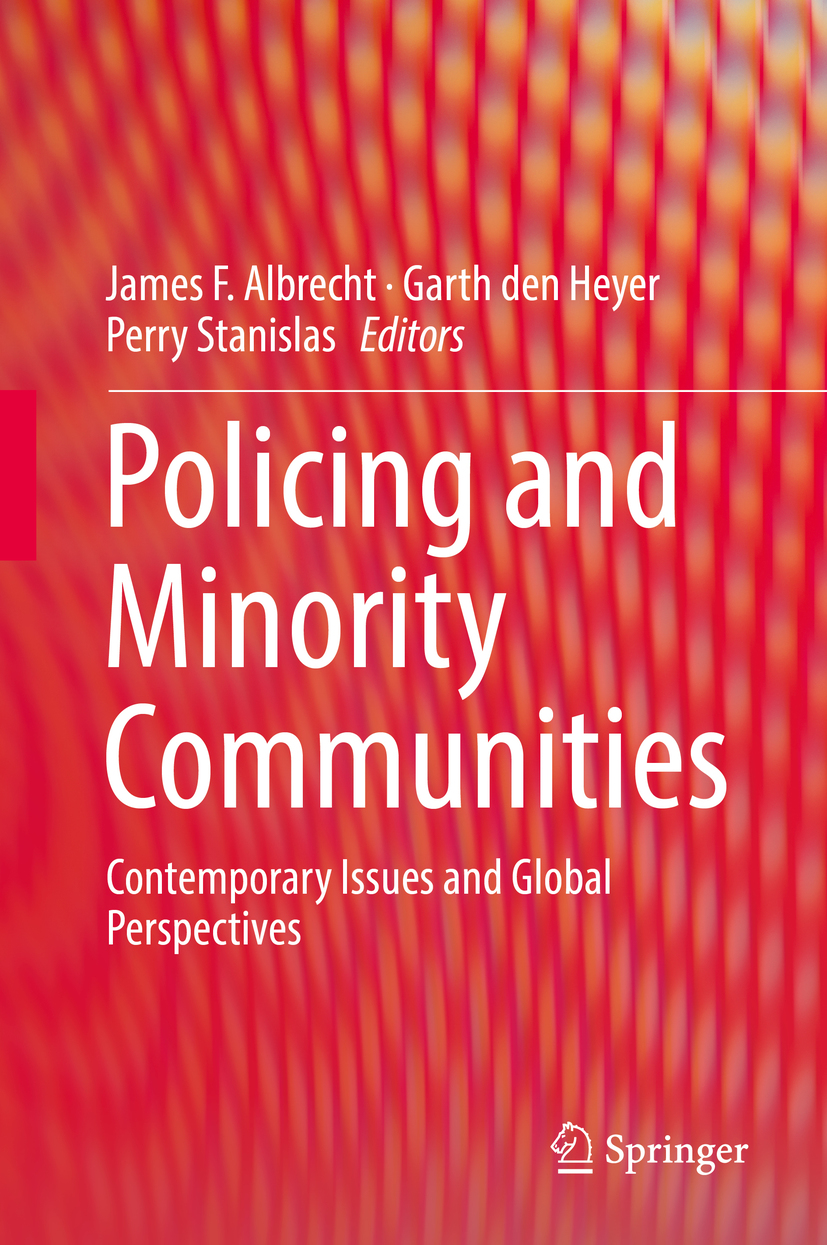

This Springer imprint is published by the registered company Springer Nature Switzerland AG
The registered company address is: Gewerbestrasse 11, 6330 Cham, Switzerland
This book is dedicated to my dear parents, James and Christa Albrecht (RIP), and to my two children, Jimmy and Kristiana, who through their curiosity and enthusiasm give me the energy and desire to stay committed to my research and who provide me with pleasant distraction from lifes challenges.
James F. Albrecht
This book is dedicated to my two grandsons, Liam and Joshua.
Garth Den Heyer
To my father, Horace Charles Stanislas, and cousin, Rosamund Stanislas.
Perry Stanislas
And this book is also dedicated to all of those who work in law enforcement across the globe. We understand and appreciate your commitment and sacrifices.
Blessed are the Peacemakers for they shall be called Children of God.
(Mathew 5:9 King James Bible)
The police have power, and they use it. The precise dimensions of their authority certainly vary from country to country, according to legal systems and forms of government, but exercising the coercive power of the state is a defining characteristic of the police institution.
The question of who benefits when police exercise their power is a crucial one. In totalitarian states, the police role is mainly regime protection. In free societies, by contrast, police are expected to protect and serve all the people. These differences are a reflection of the fact that state power can be used to benefit just a few, or to benefit many.
The reality, of course, is much more complex. Totalitarian and free are two ends of a continuum, not a simple dichotomy. The degree to which political, economic, and coercive power are dispersed among competing interests varies widely among countries around the world. Furthermore, the distribution is not static but rather shifts over time, sometimes becoming more concentrated in the hands of a few, sometimes becoming more widely dispersed, and sometimes simply being redistributed among competing groups.
To the extent that states are totalitarian, there is not likely to be much concern about police-community relations or what we now call police legitimacy, as it is simply assumed that police will act in a repressive manner to protect those in power. At the other extreme, however, in democratic and free countries where police are expected to act in the interests of the people, any evidence of poor police-community relations is likely to be a concern, since it may indicate that police are not serving the public as well as they should. For states that are in the process of trying to become more free and democratic, which applies to many countries around the world, finding ways to improve police-community relations is typically a key focus of reform. If the public can be convinced that the police are paying more attention to their needs, that may be a big step toward building more confidence in the rest of the government.
So police-community relations are a concern in many countries. But why are those relations often poor? Some reasons are just inherent in the police function. Police are called upon to handle difficult situations political protests, labor unrest, and family disputes in which any actions taken, or not taken, can seem to favor some over others. Also, police are given impossible missions handling people in mental health crisis, dealing with homeless people, and responding to epidemics of drug addiction that are far outside their expertise, mainly because society has turned its back on such people. And even more fundamentally, police have the power to make us stop doing things we want to do, like driving too fast or having loud parties power that we tend to resent when it is applied to us, even though we probably want the police to stop other people from doing the same things.
Besides the kinds of conflict that are just inherent in policing, the fact is that not all residents believe the police treat everyone fairly. It is a common belief that the well-to-do get treated better than average or poor citizens, for example. Since most police are men, it is often a perception, and may be a reality, that women victims do not get the level of service and protection they deserve. And frequently, young people bear the brunt of a lot of police attention after all, police, their governing authorities, and the people who come to community meetings with complaints are all adults, while kids seem to be the cause of most crime and disorder problems (at least according to adults).
On top of these typical and perhaps endemic sources of police-community strains is one addressed throughout this book police-minority relations. Racial, ethnic, religious, and other minority groups typically have less political and economic power than the majority groups, putting them at a disadvantage. People who are in the majority sometimes look down on minority groups, stereotype them, discriminate against them, fear them, and even hate them, making members of minority groups that much more powerless and vulnerable.
Where do police fit in this equation? Sometimes, police are openly and officially used to enforce discrimination. In other situations, the official role of police is to protect and serve all citizens, but social and economic discrimination puts minority group members in such a disadvantaged position that they become the focus of a large share of police intrusion and enforcement. This takes place in the name of public safety for all, including the poor who may need police protection even more than others, but one main result is disproportionate stops, arrests, and sanctions against people in marginalized communities. Also, of course, if actual prejudice toward minority group members is common in a society, it is likely that police themselves are affected, consciously or unconsciously.
Font size:
Interval:
Bookmark:
Similar books «Policing and Minority Communities»
Look at similar books to Policing and Minority Communities. We have selected literature similar in name and meaning in the hope of providing readers with more options to find new, interesting, not yet read works.
Discussion, reviews of the book Policing and Minority Communities and just readers' own opinions. Leave your comments, write what you think about the work, its meaning or the main characters. Specify what exactly you liked and what you didn't like, and why you think so.

